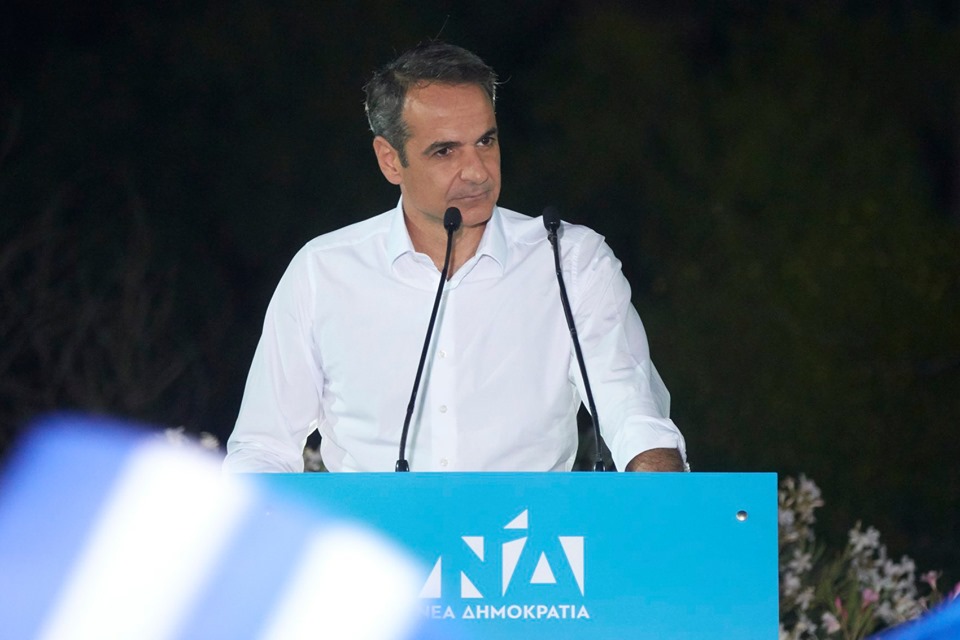
THESSALONIKI, Greece — Greece’s prime minister said financial reforms such as reducing taxes, fighting bureaucracy and attracting investment must be implemented before the country asks its creditors to agree to lower budget surpluses.
Prime Minister Kyriakos Mitsotakis laid out his economic program for the coming year during a speech at Greece’s largest trade fair on Saturday.
The conservative prime minister said his priority is quickly putting policies in place to fast-track stalled projects, attract more investors and help restore Greece’s credibility.
Mitsotakis promised to reduce taxes, especially on lower incomes, cut the dividend tax to 5% from 10%, cut corporate tax to 24% next year, and eventually 20%, from 28% and other measures he said would boost economic growth. He reminded his audience he cut property taxes an average 22% just a month after winning an election on July 7 and unseating the previous, leftist government.
The prime minister read a long list of investments his government will unblock. Chief is the mixed-used development at the former Athens airport site in the seaside suburb of Elliniko. The investment, which will include residential and commercial development, a park, a casino and a marina, is worth at least 8 billion euros ($8.9 billion) and, during its implementation, 30,000 jobs will be created. After the project is over, up to 75,000 will be employed in its installations.
Another project is a gold mine operated in northern Greece by Canadian company TVX Gold, which had been opposed, often violently, by some locals the previous government encouraged. Mitsotakis said he is considering granting the company another mining project in the northeastern Thrace region. This investment is worth 1 billion euros ($1.1 billion).
Another big investment, by pharmaceuticals giant Pfizer, calls for an international digital technology, artificial intelligence and large data analysis centre in Thessaloniki.
Mitsotakis said he wants Greek banks to reduce their bad loans, as a percentage of the total, to single digits by 2021.
“With this bold wave of reforms, we gain in credibility,” Mitsotakis said, adding that only then will he ask the country’s creditors to agree to lower primary budget surpluses. The current target of annual surpluses equal to 3.5% is considered quite high and potentially growth-stifling.
Nonetheless, Greece is still on target to achieve the surplus goal and the 2020 budget, whose draft must be submitted to creditors within a week, maintains that target.
Mitsotakis promised to improve infrastructure, including finishing the long-delayed Thessaloniki metro, whose “imminent” operation had been promised to Greece’s second largest city back in 1999. Mitsotakis committed to an opening date of April 2023.
———
Nellas reported from Athens, Greece.